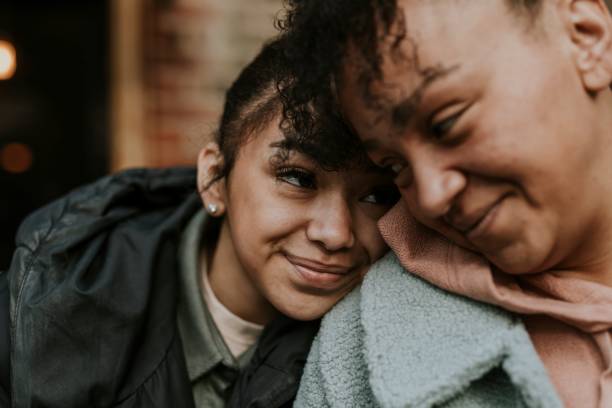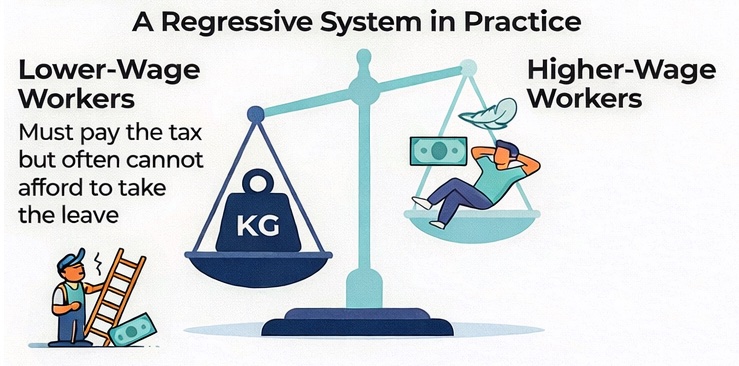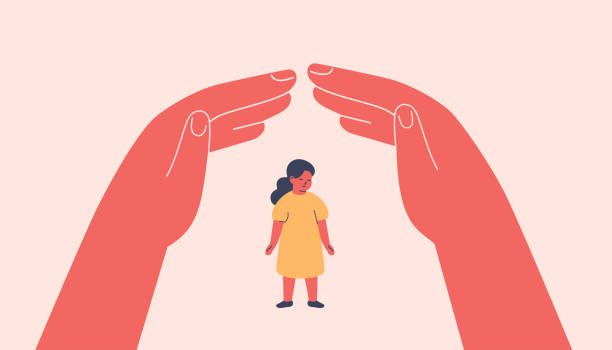Washington state has a big problem. In passing House Bill 1296 and Senate Bill 5181, the Democratic legislative majority made it clear it trusts schools and educators more than parents for child health outcomes. That’s unhealthy. It’s unsafe. And it won’t give parents of school-age kids confidence that public schools should be trusted with their kids.
Gov. Bob Ferguson should veto legislation that takes away parent notification of medical and mental health services involving their children and that schools know about, offer or arrange.
Parental notification of health treatments and services was one of the main allowances parents thought they gained with the Legislature’s approval of Initiative 2081. The now-law says, “Parents have a right to receive prior notification when medical services are being offered to their child, except where emergency medical treatment is required. … Parents have a right to receive notification when any medical service or medications have been provided to their child that could result in any financial impact to the parent's health insurance payments or copays,” and, “Parents have a right to receive notification when the school has arranged directly or indirectly for medical treatment that results in follow-up care beyond normal school hours. Follow-up care includes monitoring the child for aches and pains, medications, medical devices such as crutches, and emotional care needed for the healing process.”
HB 1296 and SB 5181 would undo notification rights for parents. Both bill reports say that “rights related to notification of medical services and treatment are removed.”
Keeping parents in the dark about medical or mental health concerns that schools or educators are aware of ignores research that consistently shows higher parental guidance leads to better mental health, stronger social skills, reduced risk-taking and higher academic achievement.
Some supporters of taking away parent notification think it is needed because some parents are abusive. That's a legitimate concern. But our state has robust abuse laws for children in need of protection from abusive parents. Educators are required to report suspected abuse — and should. CPS and law enforcement can then step in immediately. The state legislative report on I-2081 also says, “Notwithstanding anything to the contrary, a public school must not be required to release any records or information regarding a student's medical or health records or mental health counseling records to a parent during the pendency of an investigation of child abuse or neglect conducted by any law enforcement agency or the Department of Children, Youth, and Families when the parent is the target of the investigation, unless the parent has obtained a court order.”
Dancing around the subject
Don’t be fooled that these bills are primarily about child safety. These bills are about helping kids make life-changing health decisions without parents — think gender transition services, think abortion, think birth control or STD testing. And HB 1296 outlines penalties for school districts and board members who do not place student privacy about these matters above parent knowledge.
Here’s the thing: Our state already allows students to make certain medical decisions without parent involvement. I-2081 did not change that and these bills aren’t needed to protect that. More bad law, however, should not also encourage schools and educators to become student confidants or caregivers at the expense of taxpaying parents who trust them with their kids and who want to be the ones guiding their children.
While parents are asked to give consent for minor children to take aspirin at school, many parents are kept out of the loop when it comes to knowing about other medical services and mental health counseling that children receive on school grounds or with educator direction. And it does happen, despite what some lawmakers have been saying when arguing for the removal of parent notification in Olympia.
Kristen Bridgan-Brown was highlighted in NPR-affiliated Northwest News Network because her third-grade son was being pulled out of class for school counseling sessions, and she didn’t know about it until a parent-teacher conference. “It had been going on for six weeks without them telling me or talking to me. My head was spinning,” she told reporters. That’s more than a month that parents could have been helping their child.
In some cases, health information is even being compiled and shared with third parties — but not with parents. Read more about that in a Feb. 12 story in The Seattle Times, “Schools say deeply personal survey saved lives. Then they released student data.”
Student health information and records are being compiled, by whatever name, and “interventions” with students are happening.
Linda Jacobsen, a writer for the national education news site The 74, says, “Since 2018, more than 36,000 students across the region have shared their hopes, fears and family secrets in an online questionnaire called Check Yourself.”
These questions ask about the sexual preferences and romantic lives of students, asking things like which gender they’re "most likely to have a crush on." They also try to find signs of depression or suicide. Based on one student’s answers, the article says, a "school connected her to a counselor who regularly checked in on her, texting once a week.”
The story reports that while districts promise students that their answers to over 50 personal questions will be kept confidential, a group of parents was able to obtain “reams of sensitive survey data from multiple districts through the state’s Public Records Act.” I’m told by one of the parents who has viewed these records that students can be identified through their answers.
Privacy concerns abound, in addition to concerns about the lack of parental notification when students are involved in mental health services during the school day.
Another article by a Seattle Times reporter starts this way: “Since King County began screening schoolkids for mental health and other risks, officials have been adamant: They’re respecting student privacy and not conducting research on them.” Later, the story says, “In exchange for county money — Seattle Public Schools received $1.1 million for three years — school districts share data on student responses and feedback on the program.”
Nothing to see here
Despite showing key lawmakers examples of the kind of health information parents want to be notified about — and that should not be accessible to others — debate on the legislation removing parent notification continues to mislead other lawmakers and Washingtonians that invasive information is not being gathered by or through schools, that medical treatments and mental health services aren’t offered to students and that parents are informed about student needs and health concerns.
Read who voted how here and here. To make it easy, know that all Democrats voted to pass the bills, and all Republicans voted “no.” The minority lawmakers offered a slew of amendments to try to change the resulting pieces of legislation. Most of them failed. Videos of debate around these bills can be found on each bill’s information page. In my opinion, the videos are must-see TV.
I think one of the most helpful things for parents concerned about child health happened in House floor debate on SB 5181 when Rep. Sharon Tomiko Santos, D-Seattle, pointed families to state laws regarding what minors can do without parent notification or consent — during the school day and otherwise. Of note: People of any age in Washington state can choose to have an abortion without consent from a parent, guardian or partner. And state law and the state’s “mature minor doctrine” enable various medical decisions, including gender transition choices, for children 13 or older. Santos was trying to point out that a proposed amendment, No. 1164, was fine but unnecessary.
Amendment 1164, which was one of the few that passed, requires that, “Beginning with the 2025-26 school year, each school district must, at least once annually, publish in a handbook, maintain on its website, or provide to each student and the student's parent or legal guardian, a notice that clearly identifies any medical service, mental health counseling, or behavioral health treatment that is made available to students, whether in person or via telemedicine, without the prior consent of the student's parent or legal guardian. This requirement applies to all such services provided on property owned, leased, or otherwise controlled by a school district."
That’s about all the notification parents are going to get.
Even if I-2081's notification provisions were to remain, and they should, parents should not have false security that schools will limit the information that kids see to materials parents have been able to review — or that educators will notify parents about medical services, counseling or treatments they know have been sought, offered or provided a student.
Luckily, most educators want nothing to do with keeping information from parents, depriving students of guidance from the people who are most often a child's best advocate. Some lawmakers, however, do.






